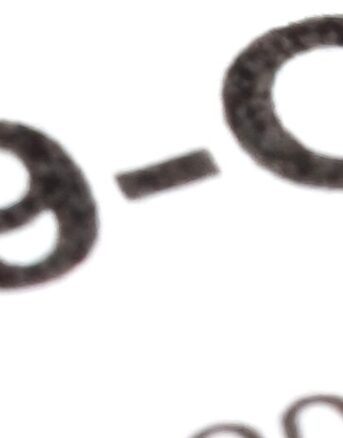Does Bankruptcy Clear Tax Debt?
Bankruptcy can clear certain kinds of tax debt.
However, bankruptcy does not clear all kinds of tax debt.
And there are definitely pros and cons to filing for bankruptcy that you should know about.
What Is Bankruptcy?
Bankruptcy, at its core, is a legal process in which debtors get debt relief from their creditors, subject to a bankruptcy court-approved plan.
And for individuals, this relief happens in one of two ways: Chapter 7 bankruptcy or Chapter 13 bankruptcy
Chapter 7 Bankruptcy
This kind of bankruptcy involves a bankruptcy trustee liquidating the debtor’s assets — except for certain exempt assets such as your car that you need to drive to work and your furniture up to a certain dollar amount and perhaps your 401(k) — and selling the non-exempt assets to pay off the debtor’s creditors.
Any qualifying debt that is not paid off in this liquidation is discharged and those creditors cannot collect that debt any more from the debtor.
Not all tax debt is discharged in Chapter 7 bankruptcy, and I will discuss what the rules are for whether or not tax debt is dischargeable in a Chapter 7 bankruptcy later in this article.
Chapter 13 Bankruptcy
This kind of bankruptcy does not involve a complete liquidation of the debtor’s assets.
Rather, it involves the bankruptcy court approving a payment plan for a debtor with regular income to pay off all or part of their debt, typically over three to five years depending on the debtor’s income.
So in the world of tax relief, it’s more like an installment agreement.
Whether or not a tax debt will have to be paid in full under a Chapter 13 bankruptcy depends on various factors that I will discuss later in this article.
Does Bankruptcy Clear Tax Debt?
Bankruptcy can clear tax debt, but whether or not bankruptcy will clear your tax debt depends on a variety of factors, the most obvious being what type of bankruptcy you’re planning on pursuing.
Does Chapter 7 Bankruptcy Clear Tax Debt?
Chapter 7 bankruptcy clears tax debt if the following things are true:
- The taxes in question are income taxes. Most other tax debt — such as payroll tax debt or the trust fund recovery penalty — cannot be discharged in bankruptcy.
- There is no fraud or tax evasion involved in your case ·— you’ve simply gotten behind on your tax debt with no intent to defraud the government or evade taxes.
- The taxes in question were due — including extensions — at least three years before your bankruptcy filing. So let’s say you owe $10,000 for the 2019 tax year, and you filed an extension for that tax year. Because your 2019 tax return was due on October 15, 2020, you would have to file for Chapter 7 bankruptcy until on or after October 15, 2023, in order for your 2019 tax debt to be dischargeable in the bankruptcy.
- You filed the tax returns for the taxes in question at least two years before filing for bankruptcy. So if you were late with filing, say, your 2019 tax return and didn’t file it until November 1, 2022, you would have to wait to file for Chapter 7 bankruptcy until on or after November 1, 2024, in order for your 2019 tax debt to be dischargeable in bankruptcy.
- The taxes in question must have been assessed at least 240 days before you file for bankruptcy.
Does Chapter 13 Bankruptcy Clear Tax Debt?
Chapter 13 bankruptcy can clear some tax debt but probably not all of it.
For example, if a tax lien has been recorded against you in county or state records — and you own property whose value is equal to or greater than the amount of the lien — the tax debt indicated on the lien will have to be paid off in full over the course of your Chapter 13 payment plan.







